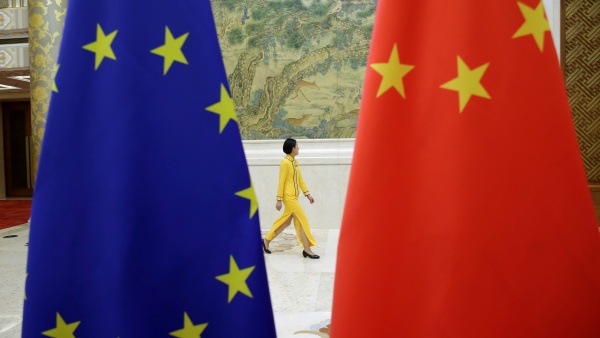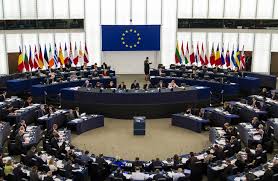Canada is exploring options for responding to the expansion of “Buy America” policies in the United States. It is considering measures that would allow it to restrict access to its federal procurement and federally funded infrastructure projects when the
The European Union is once again moving forward with a long-stalled proposed procurement regulation. It would allow the EU to close procurement or impose penalties when countries do not open their government procurement to EU companies. At the end of May,

On February 4, Bloomberg news service reported that President Trump is considering issuing an executive order that would withdraw the United States from the WTO Government Procurement Agreement (GPA). This post considers some of the likely consequences of

In a January report, BUSINESSEUROPE, a leading business organization, called on the European Union to rebalance its relationship with China in order to address systemic challenges arising from its state-led economy that are leading to market distortions

On March 22, the European Council (heads of the European Union’s member states) called for resuming efforts to adopt a regulation aimed at opening procurement markets of third countries, in particular China. This post outlines the proposed measure,
December will mark the 10th year since China began negotiations to join the WTO Government Procurement Agreement (GPA). In the ensuing years, it has submitted six offers, with its latest offer tabled three years ago. While GPA parties continue to press it to
On January 29th, the European Commission, the executive body of the European Union, proposed a new tool that would allow it to penalize countries that apply restrictive procurement practices that discriminate against EU businesses. With the new regulation,